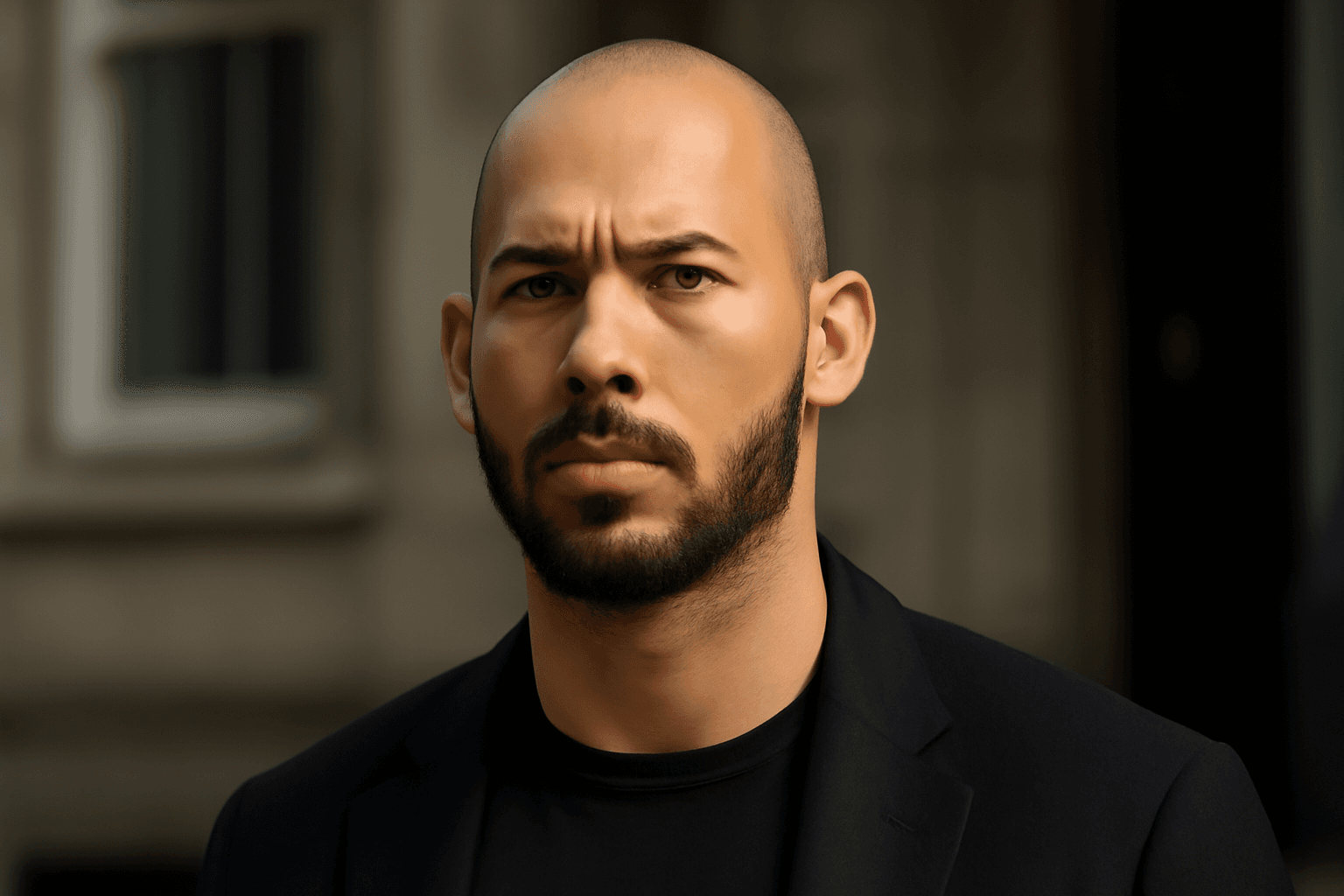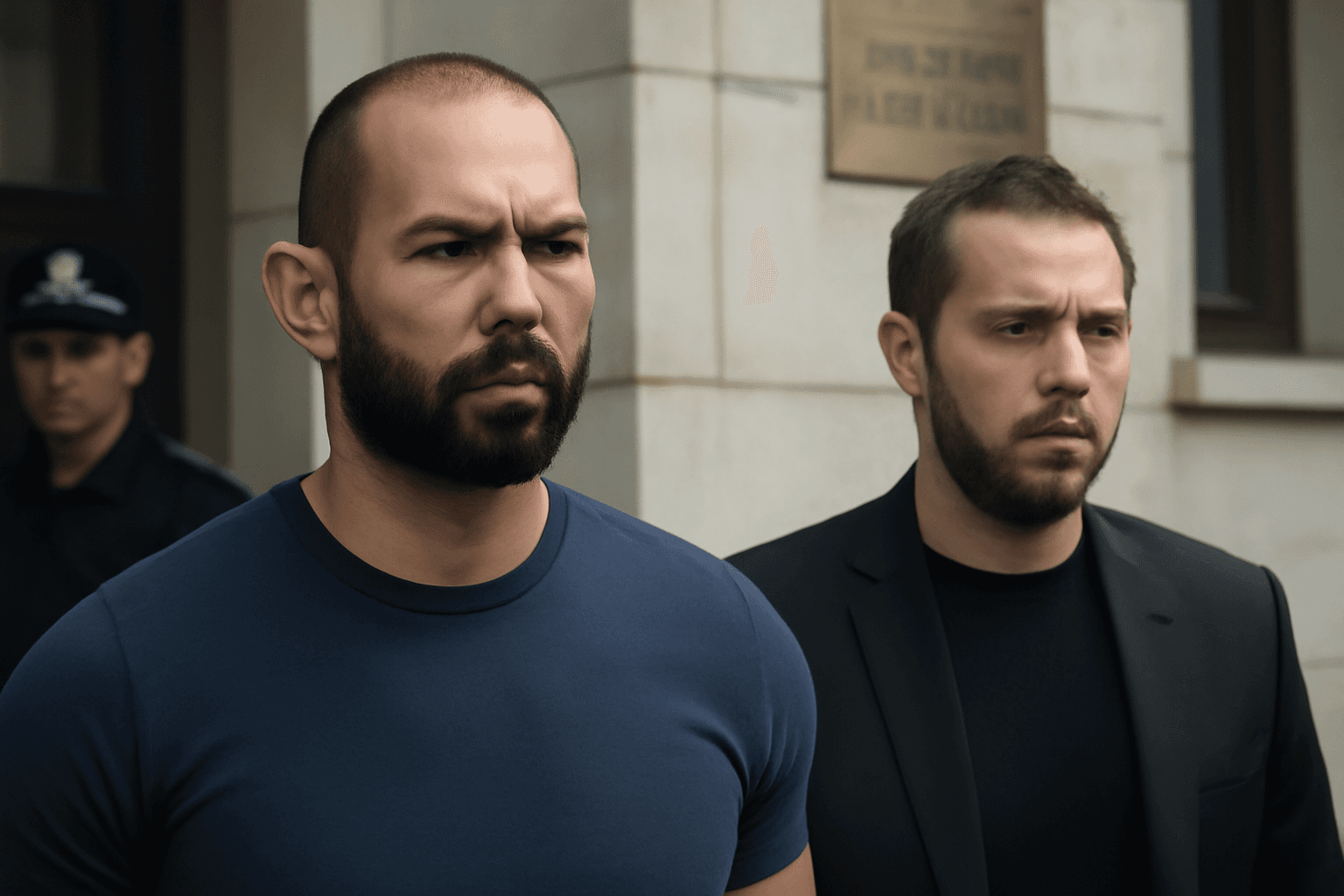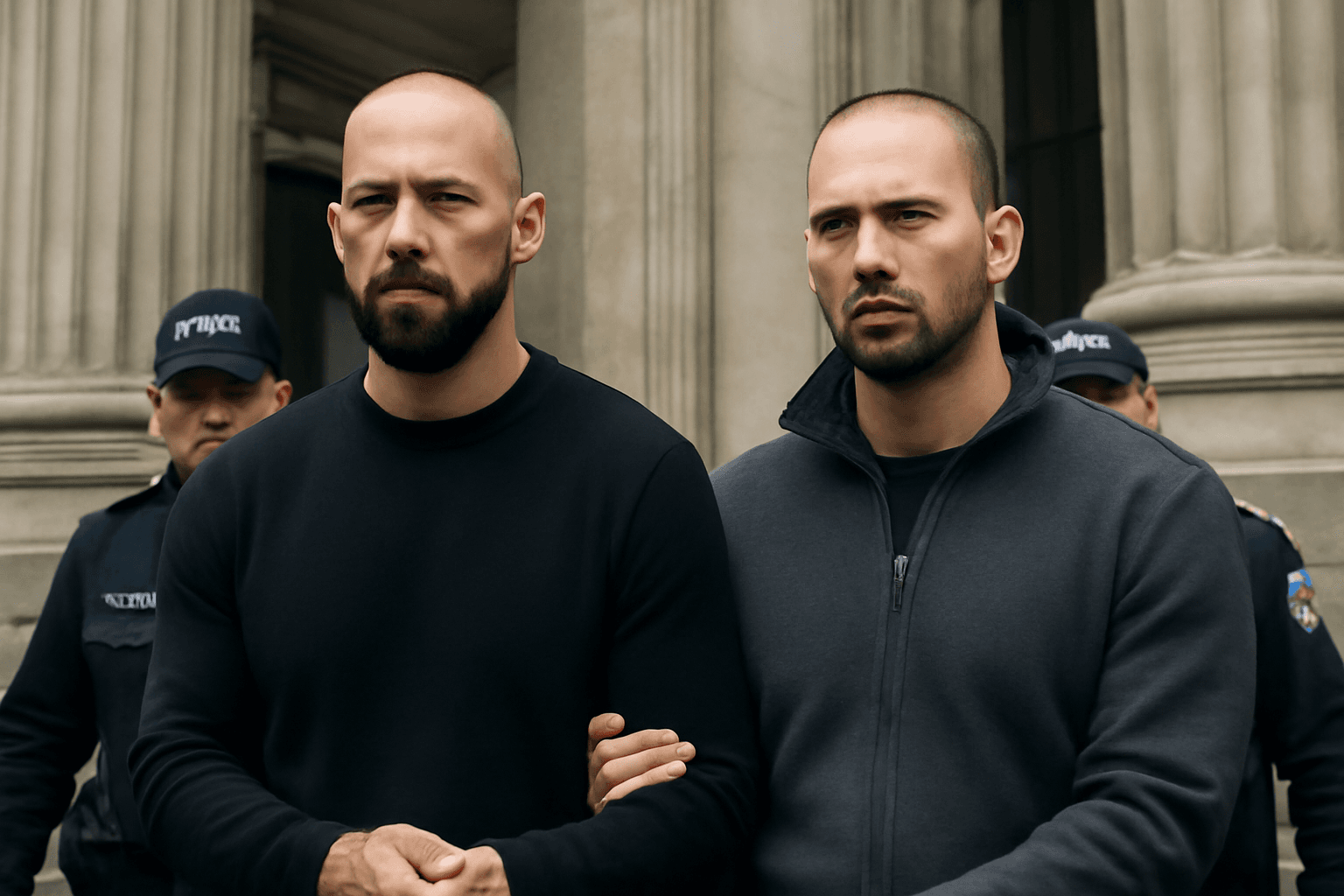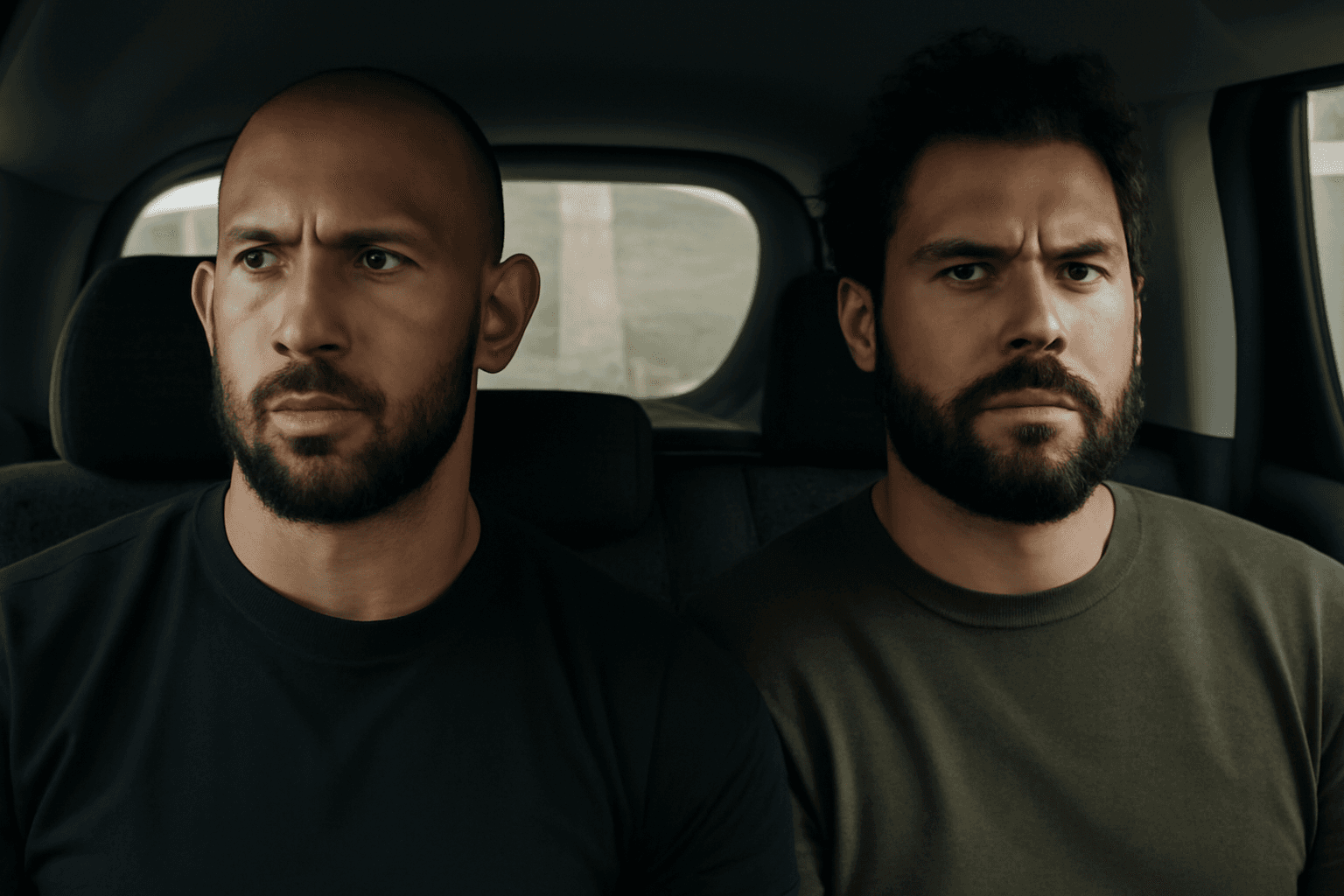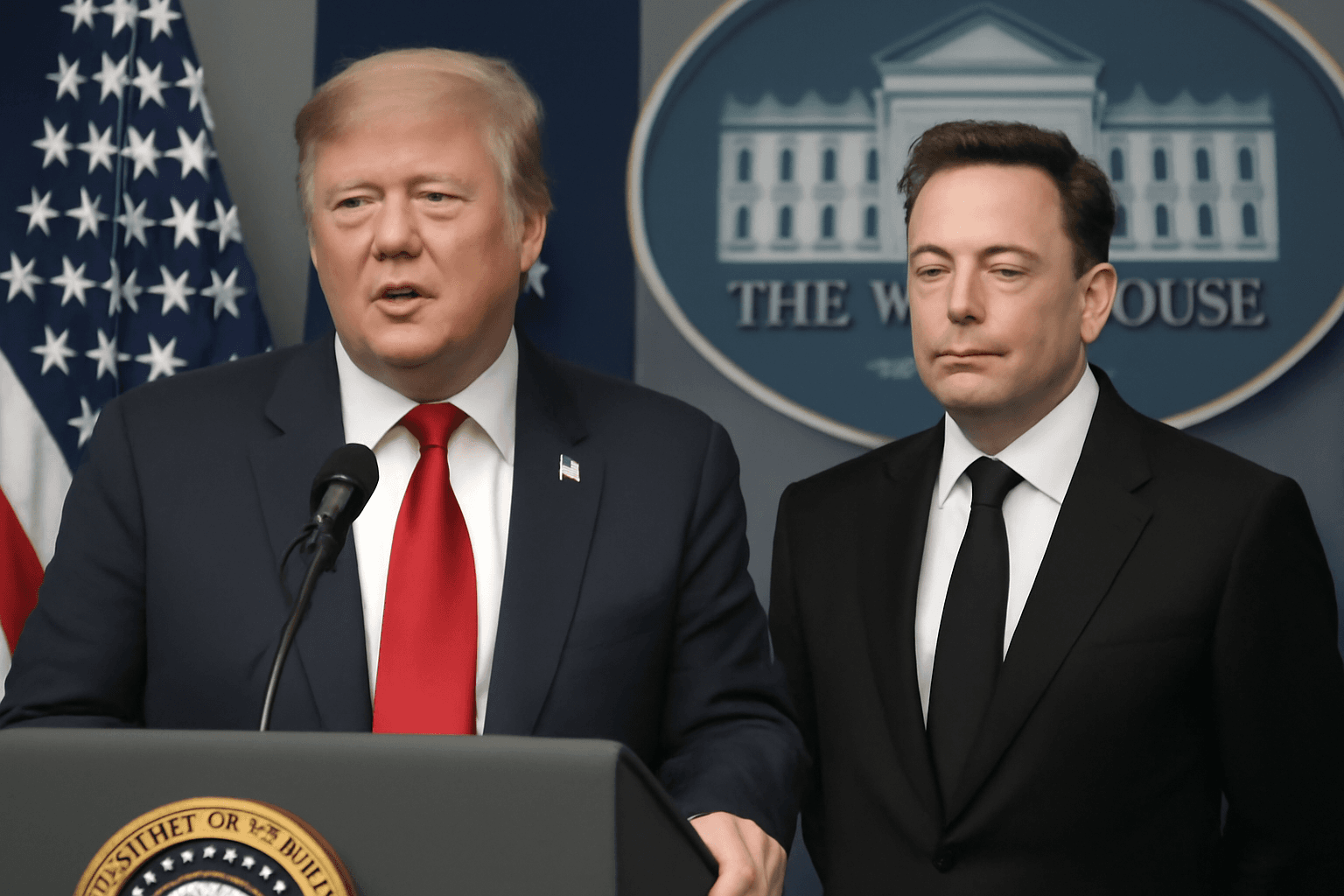British-American influencer and former kickboxer Andrew Tate has been charged with a series of serious sexual offenses, including rape and human trafficking, allegedly committed in the United Kingdom between 2012 and 2015. These charges add to similar allegations he faces in Romania, where he and his brother Tristan are accused of coercing and exploiting women through manipulative tactics linked to webcam performances.
Tate is widely known for his provocative online presence characterized by misogynistic content. With millions of followers worldwide, including over ten million on the social media platform X, he has become a polarizing figure due to his promotion of aggressive masculinity and contemptuous views toward women.
Background and Influence
As a social media personality, Tate blends elements of self-help, conspiracy theories, and confrontational rhetoric to appeal primarily to young men. His messaging emphasizes material success, physical strength, and resistance to so-called "feminized" societal norms. He has publicly suggested that women bear some responsibility for sexual assault, reflecting the regressive ideals embraced by parts of the online "manosphere"—a network promoting traditional and often toxic concepts of masculinity.
For many adolescent boys and young men, Tate represents a figure of empowerment amid perceived social disenfranchisement. However, experts note his influence fosters harmful gender stereotypes, contributing to increased sexism and hostility directed towards women in various social contexts, including educational settings.
Persistent Support Despite Legal Troubles
Despite the gravity of the charges, Tate's popularity among his core followers is unlikely to diminish. Instead, these legal challenges may intensify loyalty, as supporters often interpret such allegations as evidence of systemic persecution aimed at silencing him. This dynamic parallels other high-profile figures whose legal controversies have reinforced their standing within certain bases.
Tate and his brother are expected to deny the accusations vigorously, framing themselves as victims of conspiracies orchestrated by shadowy elites and accusing justice systems of being weaponized to suppress dissenting masculine voices. This narrative of victimization plays a central role in sustaining their appeal and shaping their ongoing relationship with followers.
Challenges and Strategies to Counter Harmful Influence
The entrenched nature of Tate's following complicates efforts to counteract the misogynistic themes he promotes. Simply condemning his views is insufficient. Experts advocate for comprehensive strategies involving enhanced critical media literacy, promotion of alternative positive role models, and engagement with communities to address the emotional needs that Tate's messaging exploits.
Such initiatives should include empowering content creators who can connect with young men on issues of identity and belonging without perpetuating harmful gender biases. Long-term commitment by educators, policymakers, and community leaders is essential to dismantle the influence of figures who normalize extremist misogyny.

